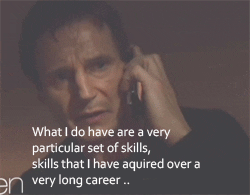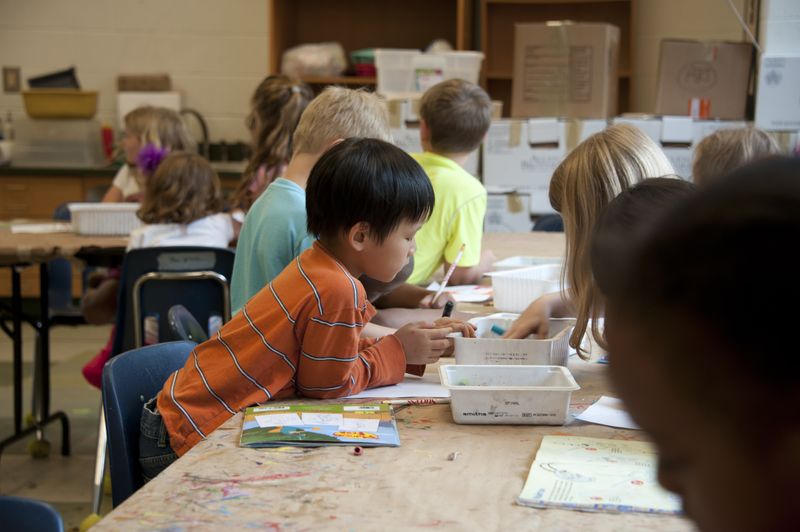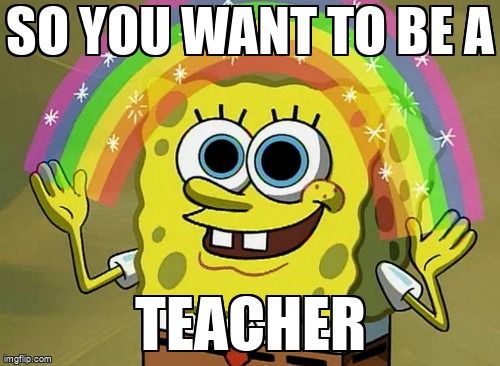
This logo isn't an ad or affiliate link. It's an organization that shares in our mission, and empowered the authors to share their insights in Byte form.
Rumie vets Bytes for compliance with our
Standards.
The organization is responsible for the completeness and reliability of the content.
Learn more
about how Rumie works with partners.
The COVID-19 era might not see like the best time to become a teacher, but the truth is, great teachers are always needed.
Teachers ensure that students emerge from school with the knowledge and skills to be successful regardless of which path they choose after they graduate.
The path to becoming a teacher can span a period of several months to several years depending on your current level of education and the teacher program you are enrolled in.
Skills Necessary To Be A Great Teacher
When you think of teaching, making quizzes and entering grades are not all that you do.

Teaching might be for if you are:
a critical thinker
good at communicating with parents, students, and other staff
organized (will make your life easier)
willing to receive and reflect on feedback about your teaching
good at using data and numbers to make decisions
good at learning and using new education technologies
What If This Is Not The Best Career For You?
Teaching in a public school might NOT be the best career if you:
don't have any interest in building relationships with your students
don't like working under pressure
prefer to work independently
have a non-work commitment that needs a lot of time and energy from you
And that's okay!
 Photo by CDC on Unsplash
Photo by CDC on UnsplashSome people come to teaching after switching from a prior career. Other teachers leave for a few years and come back after a major life event and enjoy it more.
If you're not ready to commit to teaching as a career but still want to get involved, visit a local school to see if they need mentors or volunteers.
Quiz
How else can you help students if you're not ready to become a teacher just yet?
Get involved in a school community to get a sense of the public school environment.
What Does A Teacher's Day Look Like?
Your daily schedule will depend on the subject and grade level you teach.
Besides regular school hours, many campuses have before and after school activities.
Attendance and "Housekeeping"
The first few minutes of the day (or class) is where you mark students present or absent, and collect homework.
 Teaching Your Content
Teaching Your Content
There are many ways to model or teach new info to your students. Then students can practice what they learned.
 Lunch and Planning Period
Lunch and Planning Period
If you don't have lunch duty, you will be able to eat and have time to plan, sit in meetings with your team, and grade assignments.
 Dismissal and Extracurriculars
Dismissal and Extracurriculars
Once the school day is over, you might be paid to run activities, tutor, or coach.
Did you know?
Pay, Benefits, And Deciding Factors

Here are a few things to consider alongside your salary:
What benefits will you receive? Many teachers are offered dental, vision, and medical coverage.
Where will you live and what is the cost of living? City living is usually more expensive, but certain states pay less regardless of where you teach.
Will you need to pick up a side job to afford your cost of living?
How large is your family? You'll need to maintain a work-life balance and it's hard to do that as a teacher.
Did you know?
Take Action
Teachers are essential to every community. When you are ready to take the next steps, remember that this could be the beginning of a rewarding career!
This Byte has been authored by
Jeanine Abuahmad
Instructional Designer & Developer
